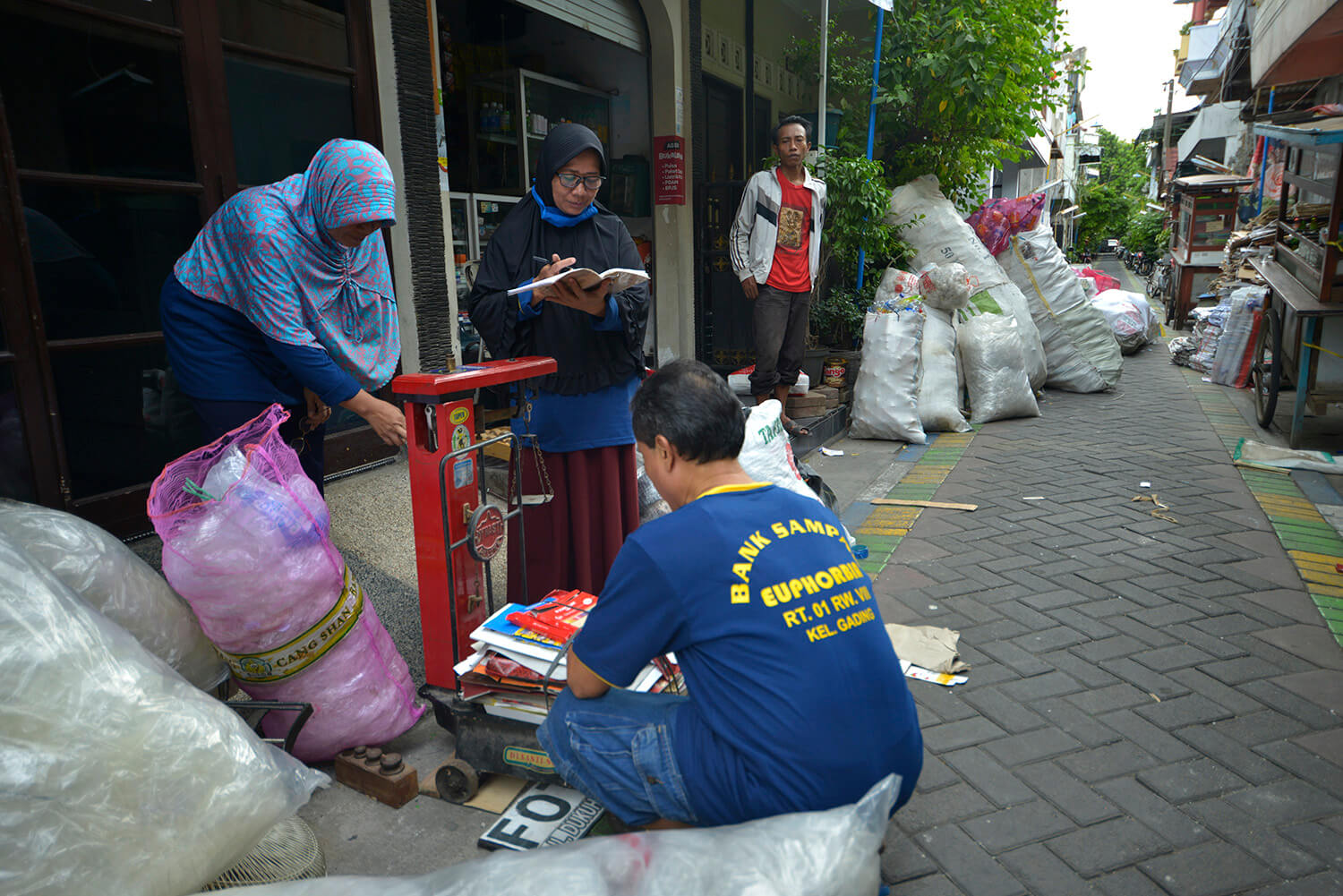Smart Map Gothenburg
Smart map is a digital map that promotes a sustainable lifestyle by encouraging citizens to find alternatives to consumption. It promotes access rather than ownership, facilitates new ways of connecting and encourages a strong sense of community. It is based on the involvment of local residents who participate in "map jam" events, to map as many sharing services in their city
https://use.metropolis.org/case-studies/smart-map-rent-share-exchange-borrow
Be circular - Be Brussels
Be Circular - Be Brussels is a call for initiatives with the objective of moving business activities towards a more sustainable model through the application of circular economy principles. It encourages local entrepreneurs to develop creative business initiatives that use circular economy concepts with support from local government agencies that provide a one-stop-service for entrepreneurs seeking information, support or funding.
https://use.metropolis.org/case-studies/be-circular---be-brussels
Inside Out Antwerp
Inside Out is an innovative scheme that combines social care with work experience and education to give newly arrived refugees with textile and clothes making experience the support they need to gain self-esteem, secure jobs and contribute to a more sustainable fashion industry.
https://use.metropolis.org/case-studies/inside-out
Separation at Source Programme (S@S)
The S@S programme in Johannesburg aims to reduce waste to landfills and establish a recycling economy with citizen support and participation. The municipality supports households and businesses to separate recyclables from non-recyclable waste, encouraging a community driven approach to waste management, waste prevention and waste minimisation.
https://use.metropolis.org/case-studies/separation-at-source-programme-ss
3R - reduce, reuse, recycle
An informal settlement was selected to pilot a waste management program based on the 3R principles. Environment friendly ways of waste disposal were introduced including composting at different scales from home to neighbourhood, urban farming and wastewater treatment. The Surabaya city government also implemented a new and innovative way for citizens to pay for bus fares by using empty plastic bottles.
https://use.metropolis.org/case-studies/3r-reduce-reuse-recycle
To read more case studies from a diverse range of cities , click on search and then click on circular economy in the choose topics field.
